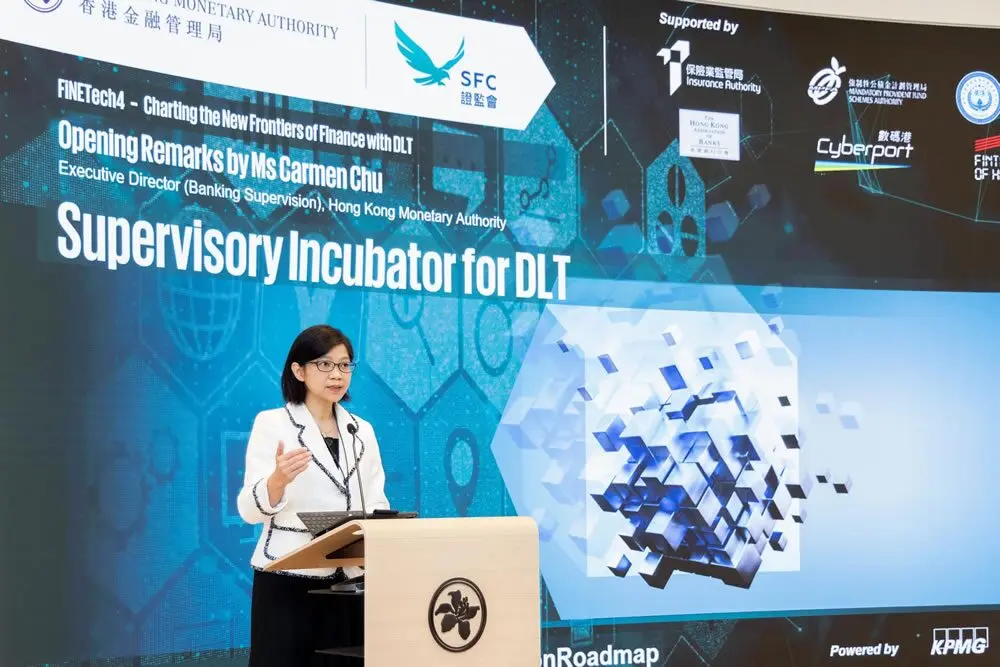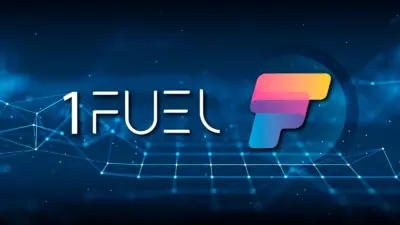The initiative will begin by concentrating on tokenized deposits, with the Hong Kong Monetary Authority supporting local banks in conducting trials.
The Hong Kong Monetary Authority (HKMA) has initiated an initiative to support banks in implementing distributed ledger technology.
The Hong Kong central bank launched its “Supervisory Incubator for Distributed Ledger Technology” on Jan. 8.
The program is designed to assist banks in safely integrating distributed ledger technology into their operations and optimizing its benefits.
“To foster innovation, we must establish a supportive environment as the banking industry continues to develop,” stated Arthur Yuen, deputy chief executive of the HKMA.
He further stated that the Supervisory Incubator for DLT is “a critical element of our strategy to promote the development of DLT-based banking solutions that are safe, efficient, and advantageous to the industry and the broader community.”
The program is comprised of two primary components. Individual bank support grants access to a specialized team from the central bank for feedback on live trials.
The initial focus will be on tokenized deposits, and the bank’s risk management systems will be tested before the full launch of DLT-based services.
The initiative will also facilitate industry-wide development by conducting research, providing supervisory guidance, and sharing best practices to assist the entire financial sector in comprehending and implementing DLT solutions.
On January 8, the HKMA’s FiNETech4 event, which convened more than 300 financial sector professionals, announced the launch.

“We can anticipate the emergence of more sophisticated methods of managing tokenized assets as DLT continues to develop, including real-time ledger updates, autonomous bookkeeping, and streamlined reconciliation processes,” stated Carmen Chu, HKMA Executive Director.
Ultimately, this will facilitate the development of novel transactional forms that are not feasible with conventional financial infrastructure, she stated.
Chu stated that banks can unlock new revenue streams by developing innovative financial products with smart contracts that are tailored to the unique requirements of specific industries, which is achieved by tokenizing real-world data.
Wu Jiexhuang, a member of the Hong Kong Legislative Council, suggested in December that Hong Kong should incorporate Bitcoin into its national reserve to stabilize its financial system, utilizing China’s “one country, two systems” framework.
In December, Hong Kong’s securities regulator granted licenses to four additional virtual asset trading platforms, bringing the total to seven.



